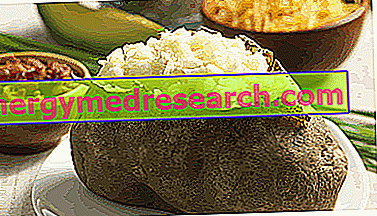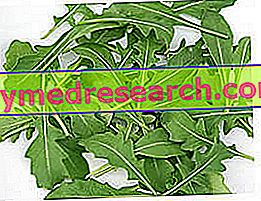
Scientific name
Opuntia streptacantha
Family
Cactaceae
Origin
Mexico
Synonyms
Nopal
Used Parts
Juice obtained from the blades of the plant
Chemical constituents
- Soluble fibers (the bond of which is not separated even from gastric juices) which behave like glucomannan;
- High molecular weight polysaccharides (opuntiamannano, arabinose, xylose, mannose, galacturonic acid);
- pectin;
- mucilage;
- Phytosterols.
Opuntia in Herbalist: Property of Opuntia
Opuntia extracts slow down the absorption of dietary carbohydrates and lipids, so they are particularly beneficial to hyperlipidemic and obese diabetics.
Attention because the diabetic may experience hypoglycemic peaks, therefore opuntia should be taken under strict medical supervision.
Biological activity
As mentioned, the opuntia is able to negatively influence the absorption of sugars and lipids. For this reason, it is not uncommon for the plant to be included in the composition of food supplements used as adjuvants in slimming diets (use, however, not approved).
Some animal studies have been able to confirm the hypoglycemic properties traditionally ascribed to the plant.
According to these studies, in fact, the opuntia is able to exercise a control on the glycaemia by blocking the release of glucose by the liver, especially when fasting.
Furthermore, laxative properties are ascribed to opuntia, due to the soluble fiber and mucilage contained within the plant itself.
Finally, another in vivo study highlighted the interesting antiviral properties of opuntia extracts. Antiviral action appears to be exerted against a wide variety of viruses, both DNA and RNA.
However, the use of the opuntia has not obtained official approval for any type of therapeutic indication.
Opuntia in folk medicine and in homeopathy
The properties of opuntia have long been known to Mexican folk medicine, which uses it precisely for the treatment of diabetes mellitus and as a natural remedy for controlling body weight in cases of obesity and hyperlipidemia.
As far as homeopathic medicine is concerned, on the other hand, at the moment the opuntia does not find significant uses in this area.
Contraindications
Avoid taking opuntia in case of hypersensitivity to one or more components.
Pharmacological Interactions
- possible reduction in the absorption of drugs simultaneously taken by mouth;
- following prolonged treatments with fibers, it is possible to reduce the absorption of vitamins and minerals;
- interaction with oral hypoglycemic agents (increased risk of hypoglycemia).



